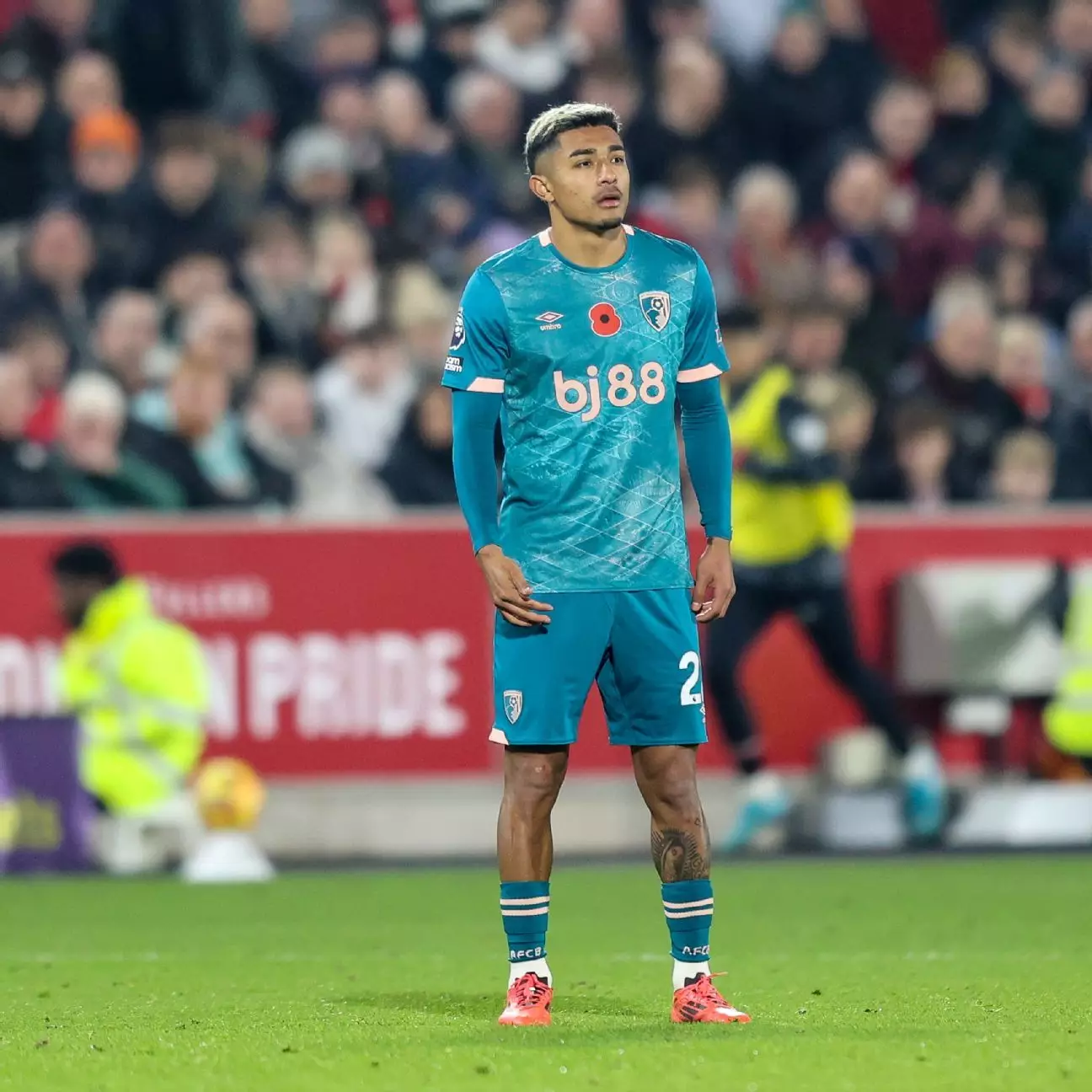In professional sports, injuries are an unfortunate reality that can drastically impact both players and teams. This is especially true for Julián Araujo, the 23-year-old right-back for Bournemouth and the Mexican national team, who recently faced a significant setback. A hamstring injury sustained during a match against Brentford has not only sidelined Araujo but also led to surgical intervention. Such injuries, particularly in football, require immediate and thorough assessment, as they can determine a player’s performance and availability for future matches.
Araujo’s injury occurred in the latter stages of a gripping 3-2 defeat, a moment that underscored the fragility of sports careers. Following the match, club medical staff acted swiftly, engaging specialists who ultimately decided that surgery was necessary for Araujo’s rehabilitation. This highlights the critical importance of prompt medical attention in sports injuries. It’s not just about the immediate pain; it’s about long-term health and the player’s ability to return to the field at full strength.
Bournemouth’s management has emphasized their commitment to Araujo’s recovery, pledging support from their performance and medical teams throughout his rehabilitation process. The rigorous journey ahead for Araujo will require not only physical healing but also mental resilience. As any athlete knows, being sidelined for an undefined period can take a toll on one’s psyche. The key for Araujo will be to remain mentally strong—a challenge many athletes face during periods of recovery.
Despite the circumstances, Araujo’s outlook appears positive. His statement on social media, expressing happiness about the successful surgery, demonstrates his determination to overcome this hurdle. The mental aspect of recovery should not be underestimated, as maintaining a constructive mindset can significantly aid in the healing process.
Araujo’s absence inevitably raises questions regarding Bournemouth’s performance as they navigate through a tough Premier League season. Currently sitting in 12th place after a mix of results, the team must adapt in the face of his unavailability. Araujo’s contributions can’t be overlooked—his role is vital not simply in defense but in building play from the back, providing width, and supporting offensive maneuvers.
Moreover, with upcoming crucial fixtures, such as the match against Brighton, Bournemouth needs to recalibrate their strategies. Coaches are required to find a way to fill the gap left by Araujo, potentially giving other players opportunities to shine. The dynamics of team cohesion might change, but it is during these challenging times that teams often discover resilience and character.
Araujo’s current situation is reminiscent of many athletes who undergo similar trials. The rehabilitation process can be arduous and lengthy, yet it is also an opportunity for a player to refine their skills and focus on aspects of their game that may have been overlooked. For Araujo, the goal is clear: to recover fully and return stronger than before. Meanwhile, Bournemouth will need to stretch their resources and strategies to adapt without him when they face the challenges ahead, particularly in their quest for better league standings.
As the journey continues, both Araujo and Bournemouth are left to navigate the complexities of injury management and team adaptability, a testament to the unpredictable nature of sports.

